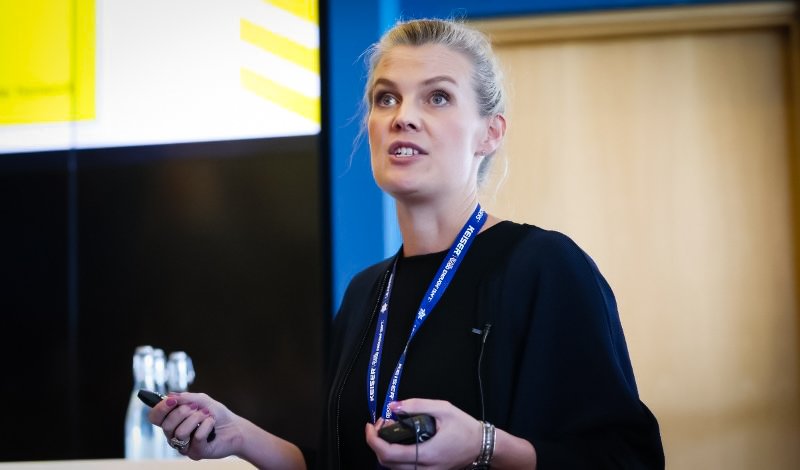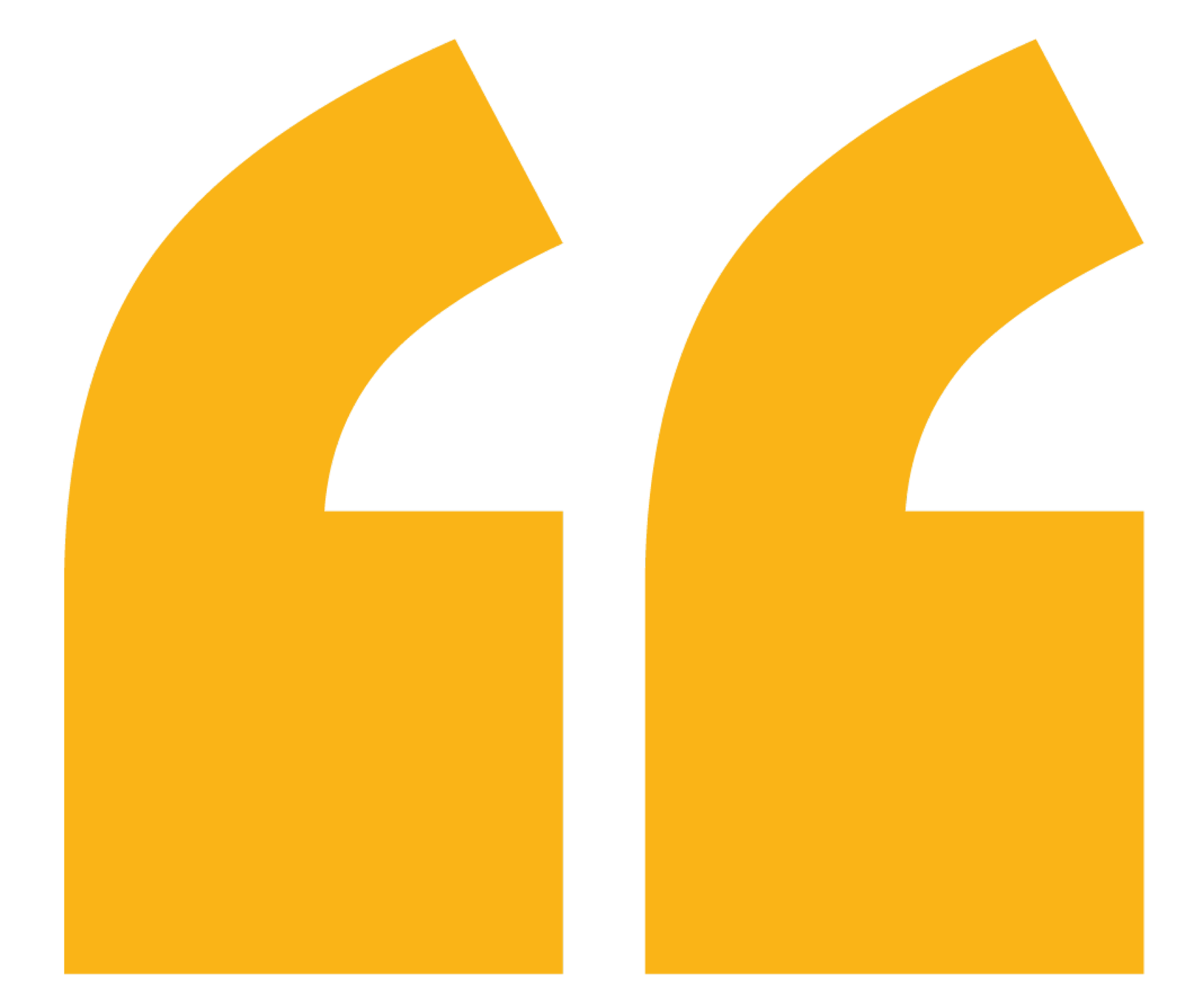
Episode #013
MATTI CLEMENTS
“Beyond Gold”

Episode #013
MATTI CLEMENTS
“Beyond Gold”
Available on Wednesday 27 November 2024
Listen and Subscribe
Beyond Gold
We judge ourselves by our intentions and others by their behaviour," Steven Covey reminds us.
My next guest, 'In the Arena', is Matti Clements, Director of the Australian Institute of Sport (AIS).
Her journey from psychologist to leading Australia's high-performance sport system represents what modern leadership requires - the ability to create conditions where people and performance can thrive.
Over our conversation, Matti shared her insights and wisdom with characteristic bravery, generosity, self-awareness, and joy, and my belief was repeatedly affirmed.
In my work with leaders, the aspiration to be 'authentic' emerges almost inevitably. There is an old saying that if something is too obvious, it can't be trusted, and so it is with ideas around authenticity. Yes, leadership demands authenticity, but authenticity is an outcome, not a starting point. To reach it, we must cross the bridge of vulnerability, and there is no vulnerability without courage.
Any leader seeking to be experienced as authentic must choose courage over the many forms of comfort that human nature seems to drag us back to. As the legendary Ron Barassi once explained to me, "The best players are better than human nature." So it is with leadership.
Yes, when you listen to Matti, you will experience her as authentic, but her story is one of decades of courage that only leaders who can claim to be the first of a profound kind, have been required to display time and time again.
Historically, the pathway to senior leadership in elite sport has been narrow and predictable. Commercial acumen, financial expertise, and playing experience were considered non-negotiable prerequisites. These skills matter, particularly when focusing on the 'mechanics' of the role, but in my experience as a CEO in an elite sport, this framing never accurately reflected what the role would ask of leaders, particularly when it matters, embedding the 'dynamics' of high-performance cultures.
For women, this pathway was even narrower. Sport's leadership ranks have long reflected its historical origins - male-dominated, traditionally masculine in its values and expectations. Rather than being empowered to transform cultures, women in sport's senior leadership were often required to adapt to these entrenched norms.
The role of psychologists was viewed through a particular lens - the provision of services in support of leaders and athletes and their performance goals, but separate from the "real" business of leadership. They were the people leaders consulted, but were rarely asked to lead.
For a female psychologist, these two factors compounded - both gender and professional background placing them outside traditional leadership expectations.
Yet the skills developed as a psychologist at this level - building trust quickly, reading dynamics accurately, responding to what each situation demands - align perfectly with the needs of contemporary leadership.
"If you take on every single client's issue, you would not be able to do your job successfully," she explained. This ability to maintain an empathetic connection while holding an appropriate distance became crucial in building a high-performance culture. A psychologist learns to create safe spaces for vulnerability while maintaining clear boundaries - precisely what modern leadership requires.
A further insight, that wellbeing isn't separate from performance but essential to it - represents another way her background prepared her perfectly for modern leadership challenges.
“I think belonging is something that's underrated in culture. If people belong to something greater than their own self-interest, then they can create something magical“.
"Wellbeing is fundamental to sustainable high performance success," Matti explained, "not just for athletes and players, coaches, staff, et cetera. You can have one-off great performances, but you can't have it sustainably."
But her first instinct was not to draw on her most powerful offering. In her first months as Acting AIS Director, she tried to emulate her predecessors: "I decided to behave like they had. It was incredibly unenjoyable. I was coming home from work just absolutely exhausted." She soon learned that what you bring as a leader must be a natural extension of who you are.
But as U2's Bono says, "The hardest person to be on stage is yourself".
Her story resonated with my own experience of trying to 'look the part' of leadership. As a young CEO of an AFL club, I felt I needed to compensate for looking more like a member of a boy band than a football boss. We often create these personas we think leadership requires - mine was trying to appear more forceful, fearful of appearing 'soft' in an era where to be seen as tough and uncompromising was the expectation. In my experience however, often those who talked the big game were those who rarely modelled the virtues they were spruiking, but I was yet to fully realise this contradiction.
This learning, and the insight that as a leader, culture is not a gift you receive, but a skill you learn, shaped Matti's approach to transformation.
Matti found her voice as a leader, and throughout our conversation, that voice shines with clarity and purpose, with her feet fully planted.
"You can't have the golden moments without some pretty crappy moments along the way. But that's what elite sport is about." It's about creating environments where people can grow, learn, and become better versions of themselves, even through disappointment and setbacks, and it is the leaders who must do the growing.
Matti has always persisted, driven by a simple philosophy: "I've always taken jobs where I think they'll be interesting and I can do something meaningful."
Her work is not just meaningful for her, but for much of the country. Whilst attributing the success to her team and the shoulders of past leaders that she and her team got to stand on, under her leadership, in Paris, the Australian team achieved its most successful Olympic Games, and we celebrated this incredible achievement.
Her reaction, however, whilst not downplaying the achievement in way, was telling, and mirrored my experience of elite sport.
"When we got equal (equalling the previous best medal count), I felt relieved. Not excited, not elated. No, just relieved."
It speaks to her deeper understanding of achievement when leading in an environment where it is almost impossible to meet the elevated expectations, both internal and external: "Not everyone will win a gold medal, but our responsibility is to have a system and culture which ensures everyone who leaves it is better off as a result of their time in elite sport."
This philosophy perfectly aligns with her understanding that sustainable success comes through wellbeing - not just in results, but in the growth and development of everyone in the system, and once again, the leaders must do the learning.
The 'leader's limp' comes in many forms. For some, it's the visible scars of public failure. For others, like Matti, it's the private struggles of forging new paths and challenging conventional wisdom and, yes, bias and prejudice about what leadership looks like.
"Elite sport is not for everyone," says Matti, but I can say with conviction that it is for her, and what a game she brings.
The arena reveals who we are. The choice is what we do with that revelation. And as Covey reminds us, while we may judge ourselves by our intentions, others will always experience our behaviours. Matti's behaviours speak volumes.Notebook ready.
Play on!
Cam
Cameron Schwab
Video Shorts - Some key lessons from the podcast
Leadership is the difference maker
To embrace the expectations of your role, welcome the responsibilities and pressures as a privilege, a right you have earned, and be energised by the opportunities they provide.






